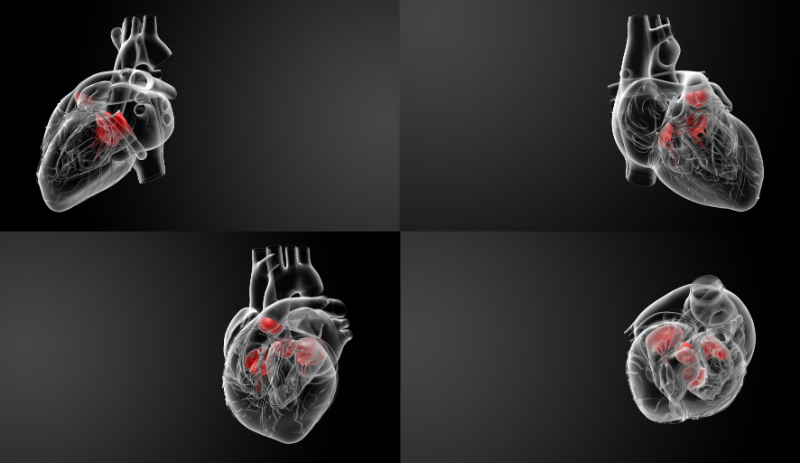In March, Cereno Scientific’s preclinical candidate CS-1 (valproic acid) was granted Orphan Drug Designation (ODD) by the FDA for the US market for pulmonary arterial hypertension (PAH). This ODD will help Cereno Scientific transform its investments into a development program for CS-1 in PAH—a rare, fatal cardiopulmonary disease with no curative treatment. The ODD could result in CS-1 achieving a more simplified, fast-tracked path to regulatory approval and market launch. Provided its successful clinical development, Cereno Scientific’s CS-1 will likely experience competition from other brands already established on the market. However, key opinion leaders interviewed by GlobalData have emphasised a longstanding unmet need in the PAH market related to finding new targets and developing more efficient therapies. Therefore, GlobalData believes CS-1 has the potential to carve out space in the market due to its novel mechanism of action, specifically epigenetic modulation of cardiovascular disease by histone deacetylase (HDAC) inhibition.
Preclinical trials and pharmaco-epidemiological research have demonstrated that CS-1 may be able to lower the risk of cardiovascular thrombotic events such as stroke and venous thromboembolism. For example, a large pharmacoepidemiology case-control study used data from Clinical Practice Research Datalink to evaluate the impact of treatment with valproic acid in epilepsy patients. Results showed that patients with prolonged exposure to valproic acid had lower odds of stroke (odds ratio [OR] = 0.57, 95% confidence interval [CI]: 0.44–0.72, p < 0.001). As the company’s leading product, CS-1 achieved ODD because its active substance, valproic acid, acted as an epigenetic modulator. This led Cereno Scientific to identify rare diseases with unmet clinical needs, and CS-1’s effects were found to match several aspects of the PAH pathogenesis.
CS-1 acts by inhibiting HDAC. This inhibition is associated with tissue plasminogen activator (tPA) gene expression, which is responsible for dissolving thrombus formed in blood vessels. Thus, the drug candidate enhances the production of tPA by inhibiting HDAC, thus preventing disease progression. PAH progression can cause inflammation, fibrosis, and thrombosis formation. Scientific documentation also highlights the fact that HDACs have anti-inflammatory, anti-fibrotic, and pressure relieving properties. Although CS-1 is not the first drug to be approved for PAH treatment, it has the potential to be commercially successful, as its mechanism of action is novel. The current PAH drug treatment space consists of five therapeutic classes: endothelin receptor antagonists (ERAs), phosphodiesterase type 5 (PDE5) inhibitors, soluble guanylate cyclase (sGC) stimulators, prostacyclin derivatives, and prostacyclin (IP) receptor agonists.
Cereno Scientific continues to grow its drug pipeline, mainly focusing on epigenetic modulation of cardiovascular and rare diseases. The PAH market is known for its high level of clinical need, granting an opportunity for CS-1, which offers an additional treatment for the disease, if approved.

US Tariffs are shifting - will you react or anticipate?
Don’t let policy changes catch you off guard. Stay proactive with real-time data and expert analysis.
By GlobalData




